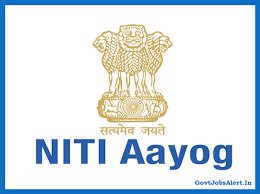 20-11-2019
20-11-2019
Govt think tank proposes standard health insurance package nationwide

 Insurance Alertss
Insurance Alertss

“There are important health insurance and public funding efficiency and equity reasons for introducing a standard benefits package as reference for all insurance coverage in India. Benefits package fragmentation occurs not only in voluntary commercial health insurance (which traditionally does provide a diverse set of health insurance products) but also among publicly subsidised schemes and packages, resulting in publicly funded coverage inequity," the publication said.
A standard benefits package would ensure coverage of essential and insurable events under risk pooling arrangements in contrast to current instances of providing relatively shallow coverage for mostly in-patients.
The absence of a minimum level benefit mandate in commercial insurance, the report stated, makes consumers believe they have insurable events insurance coverage when they have, in general only, pre-payment coverage, with substantial risk dumping to the public sector and fiscal risk in the short, medium and long term for consumers who could afford a more insurable event benefits package.
The book added, “If central governments play an equalisation role, it is very difficult to do so in the absence of a standard benefits package, which would set the minimum level of services that a country wants all members of society to have, as well as can afford and use to estimate costs and fund allocations."
Although the publication does not directly suggest that Pradhan Mantri Jan Arogya Yojana (PMJAY), the government’s health insurance scheme covering 100m poor families, should be extended to whole of India, it said that PMJAY should be considered with an eye on its potential to influence the overall healthcare transformation in India, beyond its current explicit mandate.